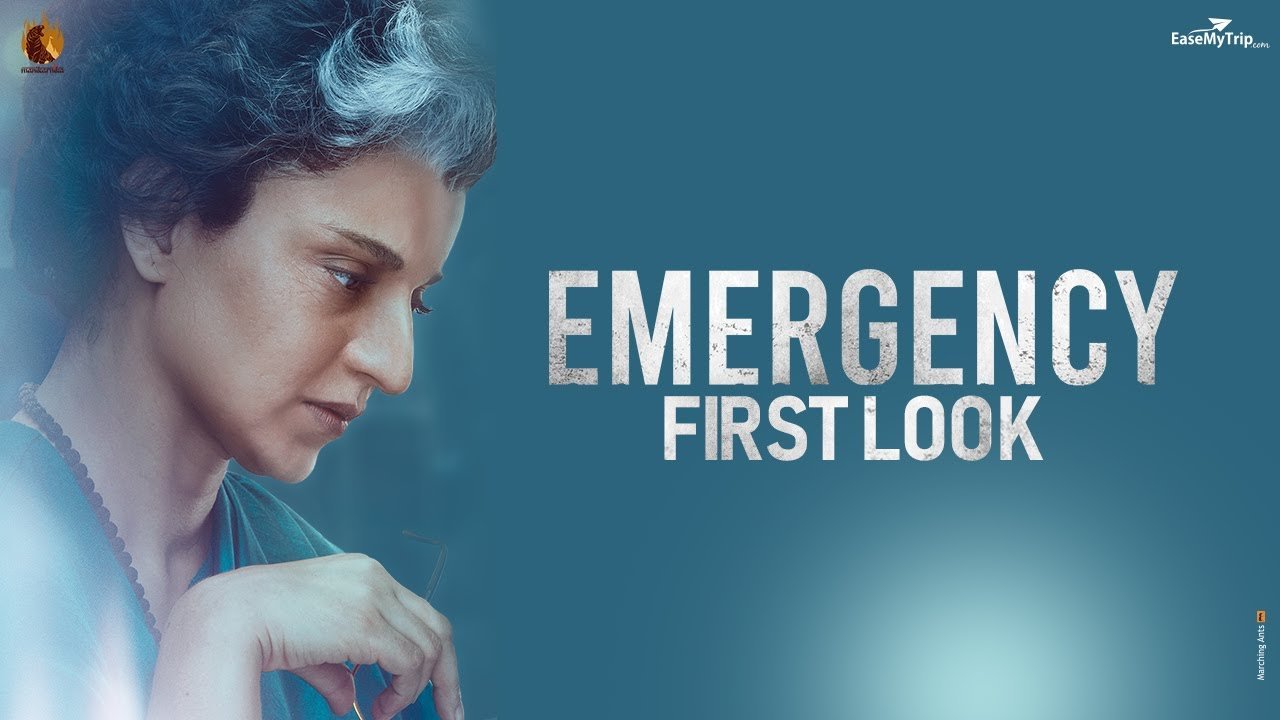Emergency: Movie Teaser Out, Kangana Ranaut: Actress Kangana Ranaut has set the internet abuzz as the first look of her upcoming political drama film ‘Emergency’ was released on Thursday. In the first look, she is seen playing the role of former Prime Minister Indira Gandhi. An emergency teaser was released to announce the start of shooting. Ranaut, who is known for taking public stances on political issues, will be seen in the lead role in the film.
Emergency was imposed in 1975. Civil rights of many citizens were suspended under this. It ended in 1977. Indira Gandhi, who imposed Emergency, later lost the general election. Why was emergency imposed? What happened during the Emergency? All your queries on such topics are answered.
‘Emergency’ teaser out: Watch Now
Why the Emergency?
In 1971, Indira Gandhi was at the peak of her power. He had a huge mandate in the general election. He also actively led the country to great victories in the war with Pakistan. In 1971, his government amended the constitution to overturn the Supreme Court decision in the Golaknath case. The government made another amendment to abolish the private purses of the former dynasties.
The Golaknath judgment held that the government could not amend the constitution if the proposed changes tampered with the fundamental riots. The 24th Amendment was again challenged in the Supreme Court. The Supreme Court had said that Parliament cannot change the structure of the Constitution because of its amending power. Later, the government made AN Ray the Chief Justice of India. He ruled in favour of the 24th Amendment. He had removed three senior judges JM Shelat, KS Hegde and Grover who had ruled against the 24th Amendment. The opposition opposed this decision.
Between December 1973 and March 1974, students were protesting against the Education Minister of Gujarat. On this confusion, the central government dissolved the entire assembly. The student movement in Bihar was supported by Gandhian socialist Jaiprakash Narayan. In April 1974, JP called on students, farmers and workers to carry out non-violent agitation to bring about change in Indian society. A month later, the railway workers went on an indefinite strike under the leadership of union leader George Fernandes. The government tried to suppress the strike ruthlessly.
Meanwhile, Raj Narayan, who had contested the Lok Sabha elections against Gandhi, had filed a fraud case against him in the Allahabad High Court. In 1975, a court found Indira Gandhi guilty of misusing government machinery. Serious charges of fraud were dropped.

Gandhi called on the President to declare a state of Emergency:
The decision was challenged in the Supreme Court, which upheld the High Court’s decision. The next day JP held a rally in Delhi where he said a police officer should reject a government order for being immoral. This statement was considered an attempt to rebel. On the same day, Gandhi asked President Fakhruddin Ali Ahmed to declare a state of emergency.
Gandhi gave three reasons for taking the last step – first, the movement started by Jayaprakash Narayan threatened India’s security and democracy. The second reason is that Indira Gandhi was of the view that rapid economic development and upliftment of the underprivileged was needed. Third, he warned India against the intervention of foreign powers to destabilize and weaken it.








